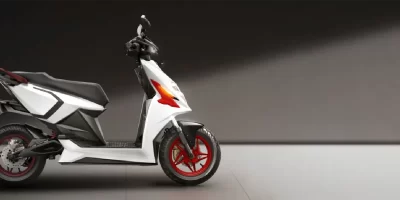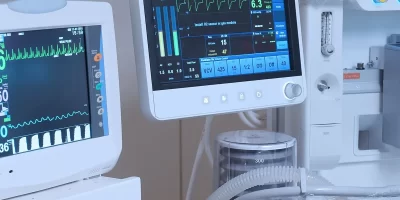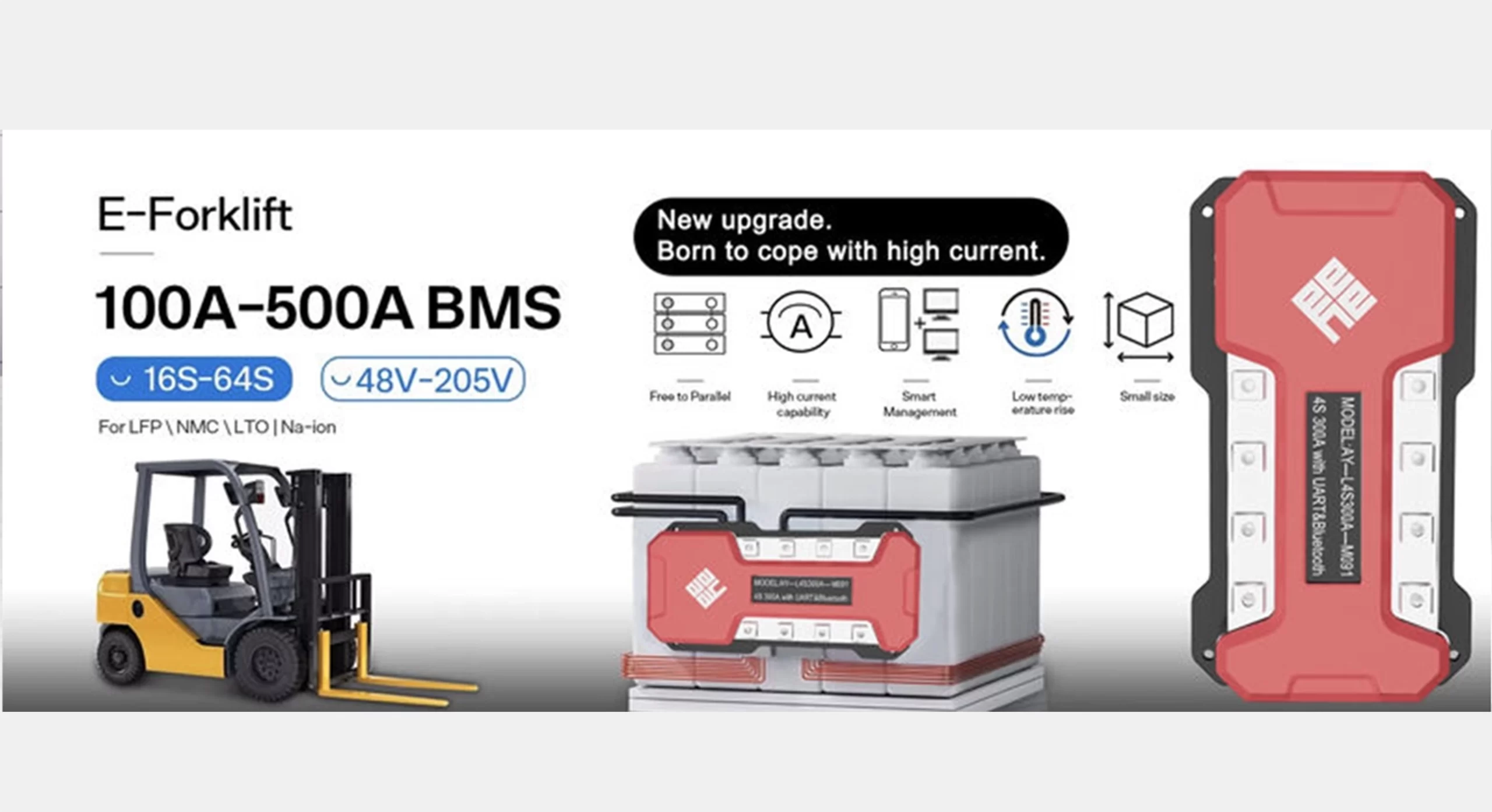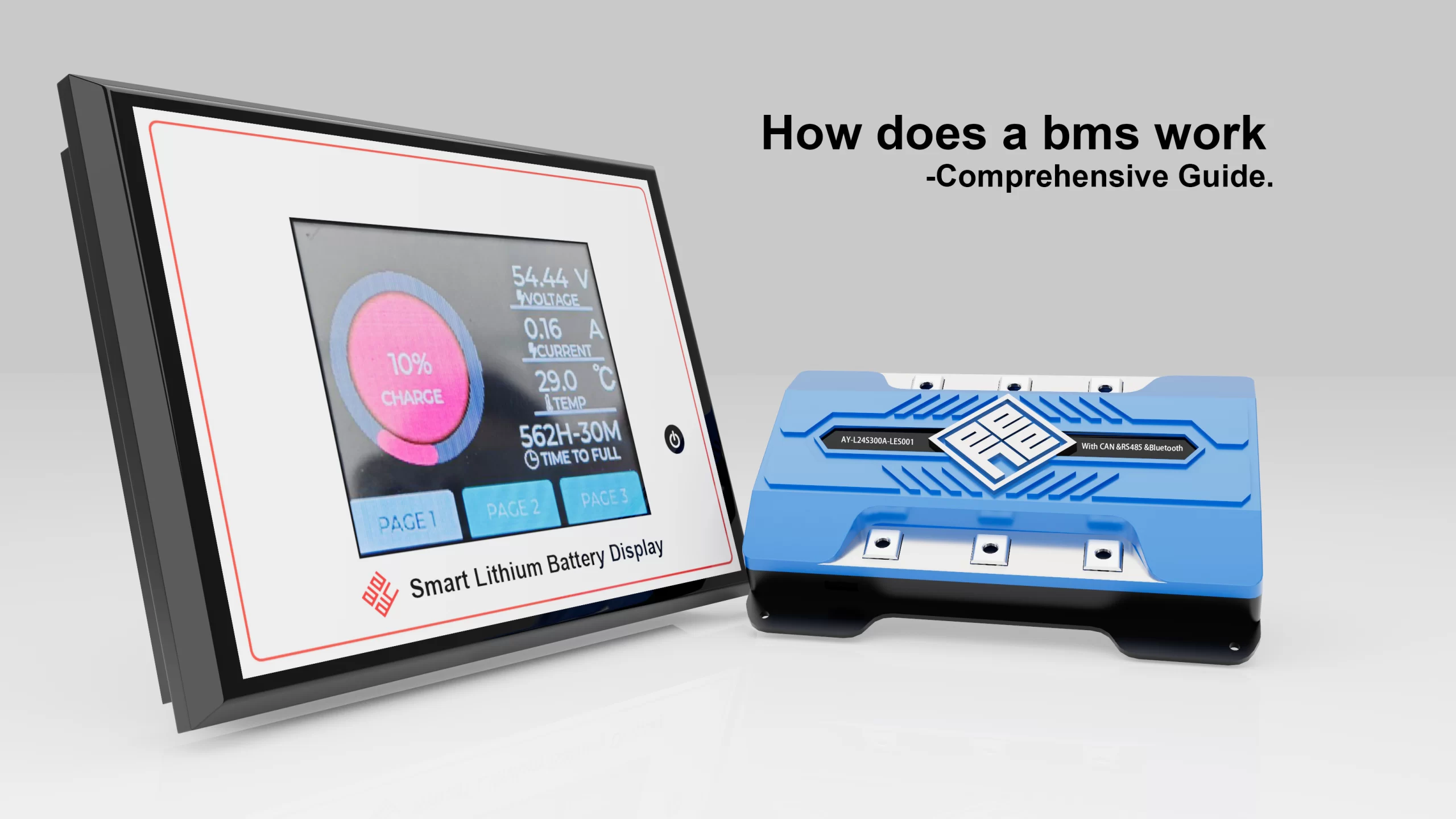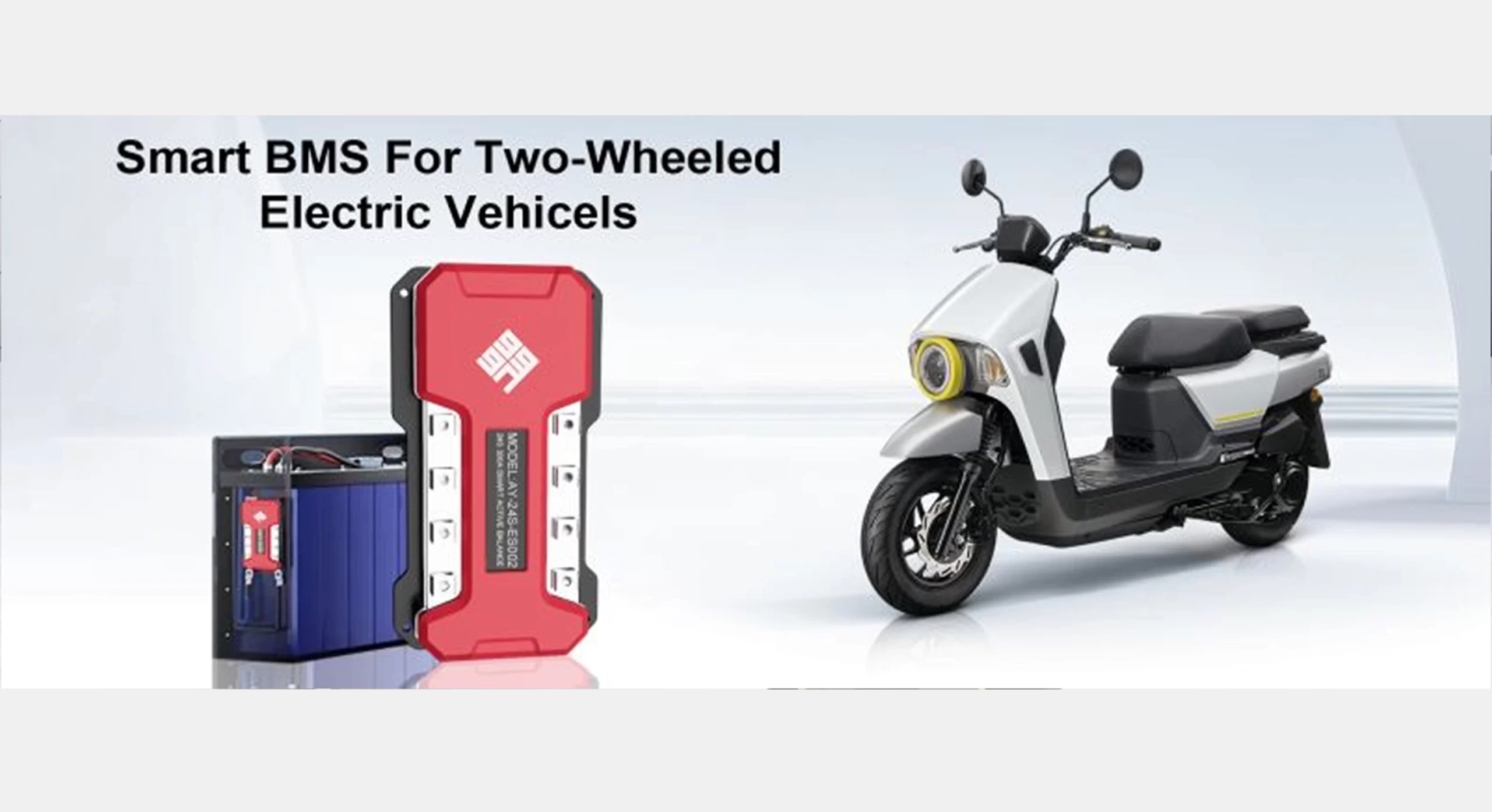Home About Us EVENTS & NEWS Battery Management System for Lithium Ion Battery: A Game-Changer in Renewable Energy
Battery Management System for Lithium Ion Battery: A Game-Changer in Renewable Energy
Battery Management System for Lithium Ion Battery: A Game-Changer in Renewable Energy
Lithium-ion batteries are becoming the mainstay of the world’s fast transition to cleaner energy sources.
From electric cars (EVs) to massive renewable energy storage systems, the battery management system for lithium ion battery is essential to guaranteeing performance, safety, and efficiency.
This article examines how BMS technology is transforming energy storage and consumption, making it a crucial part of the green energy movement.
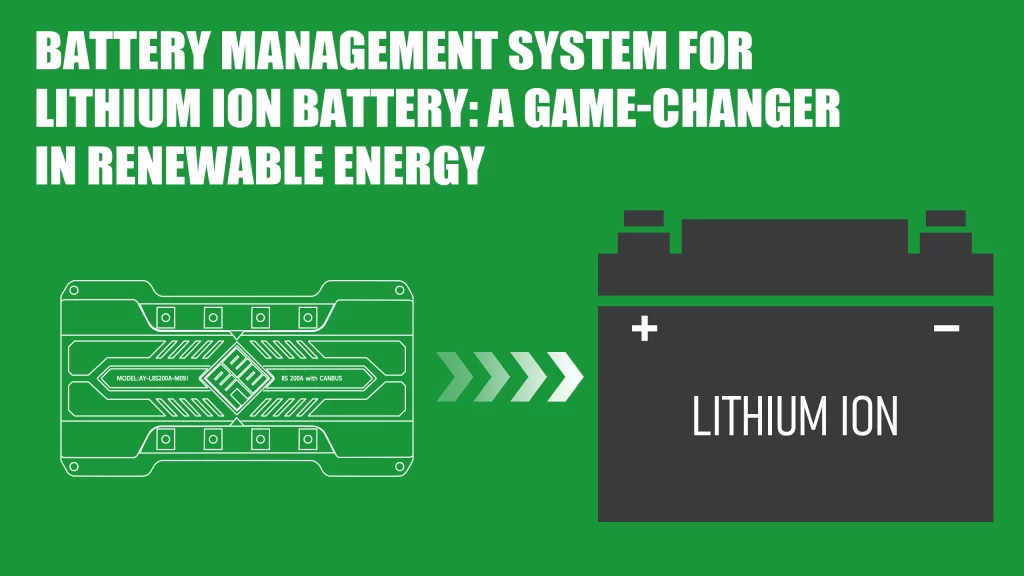
What Is a Battery Management System for Lithium Ion Battery?
An electronic control unit that keeps an eye on and regulates the performance of lithium-ion batteries is called a battery management system.
It continuously monitors voltage, current, temperature, and other vital characteristics to make sure the battery runs within safe bounds. Among its primary functions are:
· Monitoring the temperature and voltage of each individual cell
· Protecting the battery from overcharging, over-discharging, and overheating
· Balancing the charge between cells for best results
· Reporting other system components with real-time battery status
A strong BMS is necessary to ensure safety and longevity since lithium-ion batteries are extremely sensitive to changes in temperature and voltage.
The battery management system for lithium ion battery is a crucial component that makes sustainable applications possible, whether in solar power systems or electric vehicles.
Anatomy of a Lithium-Ion Battery Management System
To fully appreciate the potential of a battery management system for lithium ion battery, one must comprehend its internal structure.
Typical components of a BMS include:
· Battery Monitoring Unit (BMU): Determines temperature, voltage, and current at the cell level.
· Control Unit: Handles data processing and applies balancing or protection logic.
· Communication Module: Makes it easier for the BMS and external systems to share data. (e.g., vehicle control units or cloud servers)
A BMS’s software and hardware components function in unison.
Real-time data is gathered by sensors, processed by processors, and communicated through communication interfaces.
Lithium-ion batteries operate securely and optimally in a variety of applications thanks to this cooperation.
How a Battery Management System for Lithium Ion Battery Works
A multi-step procedure is used by the system for managing lithium-ion batteries to function:
· Data Acquisition: Every cell’s voltage, current, and temperature are recorded in real time by the BMS.
· State Estimation: It estimates SOC (State of Charge), SOH (State of Health), and SOP (State of Power) using sophisticated algorithms.
· Battery Protection: The BMS switches off the electricity or starts preventative measures if it detects dangerous situations, including overcharging or extreme heat.
· Cell Balancing: By ensuring that every cell in the battery pack is charged and drained consistently, passive or active balancing helps to delay the aging process.
· Charging Management: It regulates charging conditions to prolong battery life and guard against damage.
The system for lithium-ion battery management is a vital component of secure and efficient energy storage because of its end-to-end control loop.
Real-World Applications of BMS in Renewable Energy
The battery management system for lithium ion battery’s adaptability is demonstrated in a number of renewable energy domains:
· Electric Vehicles (EVs): BMS supports quick charging and regenerative braking while guaranteeing battery safety and efficiency.
· Energy Storage Systems (ESS): BMS makes it possible for optimal energy storage from solar or wind sources in both residential and commercial applications.
· Consumer Electronics: Compact BMS modules are essential for preserving battery health and user safety in smartphones, laptops, and tablets.
BMS technology is becoming more sophisticated, adaptable, and vital than ever as the need for electric vehicles and renewable energy sources rises.
Key Features That Make BMS Indispensable
The system for lithium-ion battery management are essential for any lithium-based energy solution because of their many characteristics:
· High-Precision Monitoring: Extremely accurate real-time data tracking
· Advanced Estimation Algorithms: Calculations for SOC, SOH, and SOP aid in usage planning and battery behavior prediction.
· Comprehensive Safety Protections: Stops thermal runaway, overvoltage, and overcurrent.
· IoT and Cloud Integration: Cloud platforms can be synchronized with modern BMS to enable remote updates and diagnostics.
These characteristics strengthen the BMS’s vital role in renewable energy ecosystems by promoting system dependability, longer battery life, and safer operation.
Important Considerations for Safe and Efficient Operation
Although the lithium ion battery management system has many advantages, maximizing those benefits requires cautious use:
· Installation: Assure appropriate heat control, wiring, and adherence to safety regulations.
· Avoiding Common Errors: False readings or system failure may result from poor sensor performance or module miscommunication.
· Environmental Factors: Performance and accuracy may be impacted by extreme heat, humidity, or freezing temperatures.
Long-term safe and effective operation can be ensured by users by following best practices.
Maintenance Tips for Long-Term Reliability
Regular maintenance is essential to the efficient operation of your battery management system for lithium ion battery:
· Routine Inspection: Check the firmware, sensors, and connectors on a regular basis.
· Software Updates: Use the most recent software versions at all times to take advantage of bug fixes and new features.
· Calibration: Sensors should be recalibrated once a year or as the manufacturer specifies.
· Parameter Optimization: For your particular application environment, modify the thresholds.
In addition to improving performance, preventive maintenance increases the system’s overall lifespan.
Why choose AYAA for Li-ion battery management systems?
Choosing and maintaining the right BMS is equally critical.
With more than two decades of industry experience, AYAA has become a trusted supplier of battery management systems for lithium-ion battery applications around the world.
Our BMS is not only used to monitor and protect, but also to fully unleash the potential of lithium-ion batteries. We provide:
• Accurate real-time monitoring customized for demanding application scenarios
• Intelligent SOC, SOH and SOP estimation for predictive performance
• Multi-layered safety system to effectively prevent electrical and thermal risks
• Seamless integration with cloud platforms and IoT for remote access and updates
Whether you manage an electric vehicle fleet, solar energy storage system or custom industrial battery, AYAA can provide scalable and reliable BMS solutions.
Future Trends in BMS Technology
As technology develops, the battery management system for lithium ion battery keeps changing as well:
· AI & Machine Learning: Longer life cycles and more intelligent battery use will be made possible by predictive analytics.
· Wireless BMS: Enhances flexibility and minimizes weight, particularly in automotive applications.
· Sustainable Materials: Recyclable housings and environmentally friendly circuit boards are becoming more popular.
Future energy systems will be more intelligent, dependable, and ecologically conscious thanks to these advancements.
A Smart Investment for Economy and Sustainability
Using a lithium ion battery management system is a strategic investment rather than only a technical choice:
· Cost Efficiency: extends battery life, lowers maintenance costs, and avoids expensive failures.
· Environmental Benefits: minimizes waste, encourages the use of renewable energy sources, and lowers carbon emissions
· Real-World Impact: By utilizing cutting-edge BMS platforms, businesses like BYD and Panasonic have achieved notable increases in efficiency and safety.
BMS technology is proving to be an ecological and economic advantage in the fight for a cleaner earth.
One of the key facilitators of the global transition to renewable energy is the battery management system for lithium ion battery.
BMS technology is poised to propel the next generation of innovation in energy storage, electric vehicles, and other fields by optimizing performance, improving safety, and enabling more intelligent energy use.
It will become even more crucial in enabling a sustainable future as developments proceed.
FAQ
Q: What is the battery management system in a lithium-ion battery?
A: A lithium-ion battery system needs a battery management system, or BMS.
This gadget controls each battery cell in real time, connects with other devices, calculates the state of charge, measures voltage and temperature, and more.
Q: How to manage lithium batteries?
A: Four pointers for managing lithium-ion batteries: When you get home from work, charge your battery.
Never leave your batteries out in the open or let them charge there.
Batteries should be stored and transported between 5°C and 25°C.
Never use a battery that is broken or damaged.
Q: Does BMS prevent overcharging?
A: Indeed, the purpose of a battery management system (BMS) is to stop batteries from becoming overcharged.
Q: Is BMS necessary for a lithium-ion battery?
A: It is an essential part of modern battery technology, particularly when it comes to lithium-ion battery applications.
Monitoring the temperature, voltage, state of health (SOH), and state of charge (SOC) of every cell in a battery pack is one of the many responsibilities of the BMS.
Q: What is the difference between battery monitoring system and battery management system?
A: Their functionalities are where they differentiate most.
A BMS goes above and beyond by actively controlling the battery’s charging and discharging procedures, whereas a battery monitor only provides real-time data on a battery’s condition.





